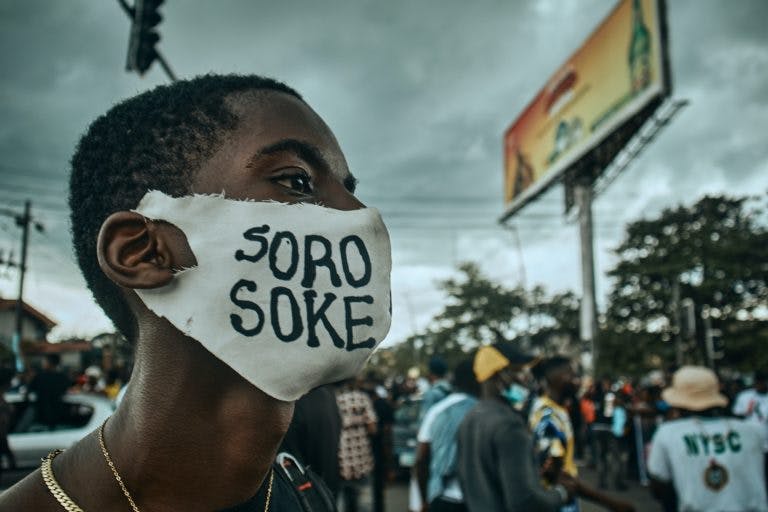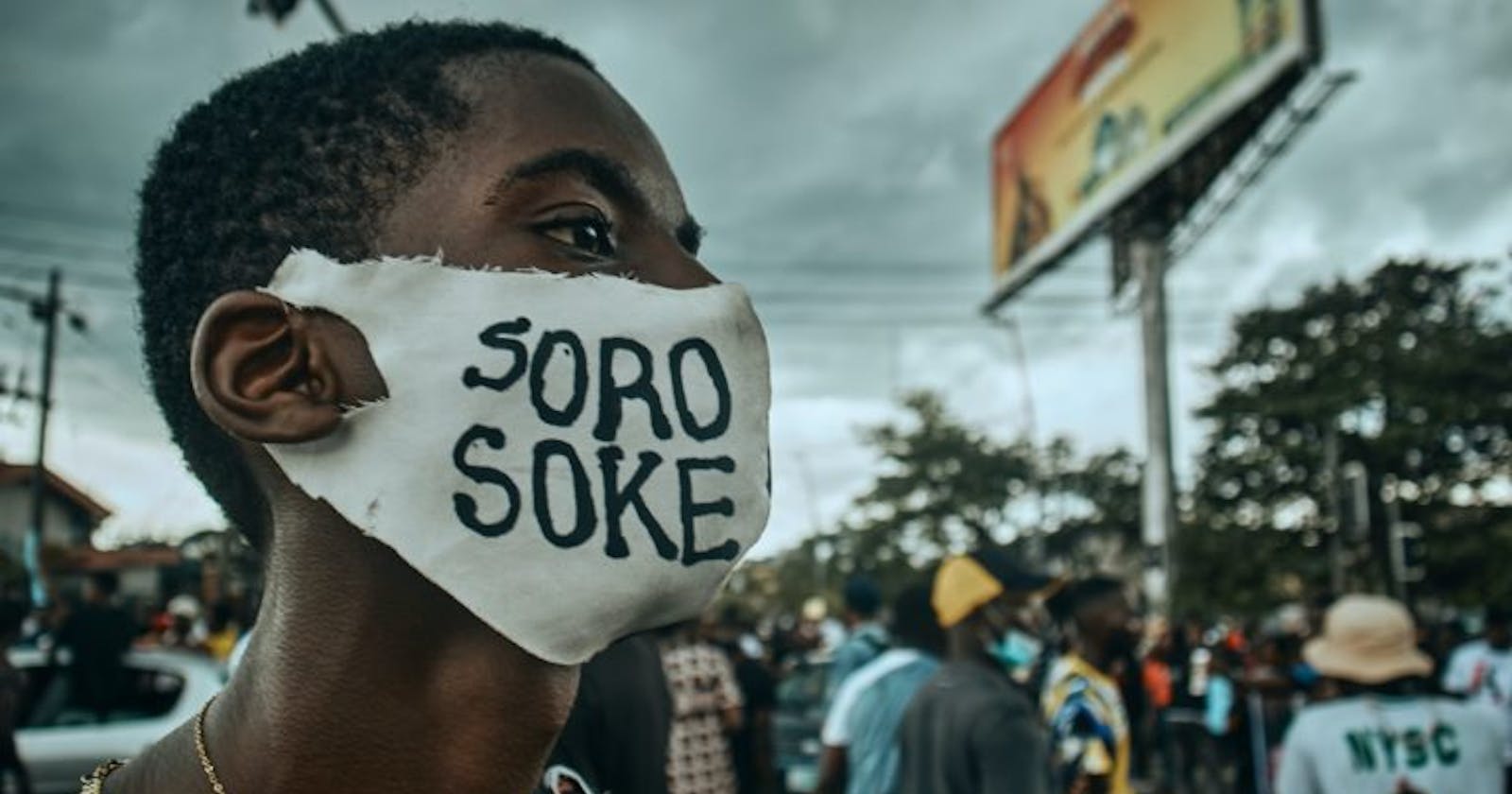
Apathy has become a trend in Nigeria’s democracy. The reasons are clear; lack of trust in governments, politicians’ self-interests, ignorance, and lack of inclusiveness, to mention but a few. Nigeria’s current democracy is more than twenty years old, and it does not appear there is any serious progress, especially in voter participation and citizens’ involvement in public governance. The proportion of eligible voters to actual voting over the past dispensations is worrisome. The electorates continue to show apathy to voting, but it is not the solution. The beauty and strength of democracy is participation, which is why democracy is fundamentally defined as “Government of the people, by the people, for the people”
What can your vote do?
Voting is a civic responsibility of any citizen in any country or nation. Voting empowers one to make their voice heard. Participating in voting helps to strengthen a country’s democracy, elect leaders who can drive economic growth and provide infrastructures that can improve the social and economic lives of the citizens, and develop a robust political environment. If you are 18 years and above, you have a civic responsibility to participate in elections in Nigeria by voting for the candidates of your choice.
Some eligible Nigerian voters live under the mirage that their votes do not count; they excuse their lack of participation in voting as not wasting their votes. The wasted vote is such that it is not cast at all. The fact that politicians offer to buy votes shows that votes count! The recent elections in Ekiti and Osun State are good examples to illustrate that votes count. In Ekiti state, cases of vote buying and selling were alleged, and in the end, the votes were cast, and someone emerged the winner. In Osun State, the incumbent governor lost the election because most of the voters decided to cast their votes for the chosen candidate. The case of Osun State clearly shows us that it does not matter if someone is incumbent, people will decide who will lead them, and people express their decision in what they do with their votes.
The danger of voter apathy is that the status quo might not change, and if people claim they are not benefiting from democracy, they will continue to suffer. If people miscast their votes, maybe through vote selling, they will face the consequences of their actions. The truth is that nobody should expect good governance if they are engaging in acts of voter apathy and or vote selling. Moreover, there would be a bad return on investment of money spent to organise elections. Nigerians should realise that it is not personal or private money spent to organise elections, and if citizens do not participate by voting in the elections, then there is a colossal waste of public money.

